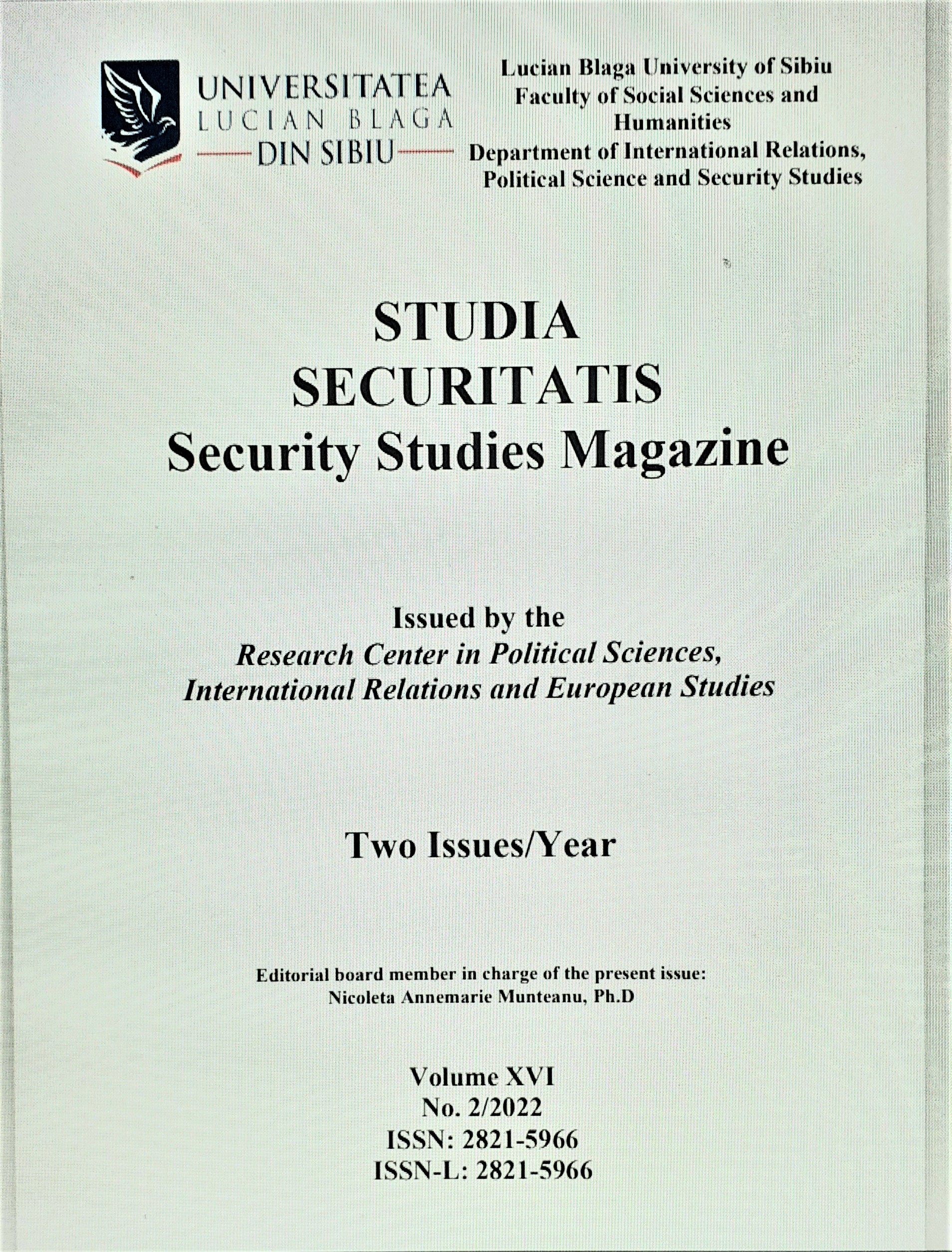VIOLATIONS OF THE RELIGIOUS FREEDOMS IN THE EUROPEAN UNION MEMBER STATES IN 2015-2019: SELF-DEFENCE UNDER A NEO-MILITANT DEMOCRACY RULE?
VIOLATIONS OF THE RELIGIOUS FREEDOMS IN THE EUROPEAN UNION MEMBER STATES IN 2015-2019: SELF-DEFENCE UNDER A NEO-MILITANT DEMOCRACY RULE?
Author(s): Kamila Rezmer-PłotkaSubject(s): Constitutional Law, Civil Law, International Law, Human Rights and Humanitarian Law, Civil Society, Governance, Social history, Comparative Studies of Religion, International relations/trade, Security and defense, Developing nations, Present Times (2010 - today), Migration Studies, Inter-Ethnic Relations, Social Norms / Social Control, Penal Policy, EU-Legislation, Sociology of Religion, Politics and Identity, Identity of Collectives, Peace and Conflict Studies, Asylum, Refugees, Migration as Policy-fields
Published by: Editura Universitatii LUCIAN BLAGA din Sibiu
Keywords: Neo-militant democracy; religious freedom; European Union; Member States; United Department of State;
Summary/Abstract: In 2015, a serious crisis called the “refugee crisis” took place. Migrations had already taken place before, primarily in connection with armed conflicts, but the largest number of asylum applications was received in 2015 and was therefore described as the beginning of the crisis. One of the apprehensions in the European Union Member States about the reception of migrants was cultural differences and religion. The purpose of this study is to determine violations of various types of religious freedoms in all the EU Member States. The period 2015-2019 was considered in connection with the largest influx of refugees and before the next crisis on a huge scale, i.e., the coronavirus pandemic. The study will provide an answer to the question: what religious freedoms were violated in the years 2015-2019 in the EU Member States? In connection with increased migrations, were there more violations of the types of religious freedom related to refugees? The source analysis of the United States Department of State reports was used for the study. An assessment of restrictions on religious freedom will be made at the level of what extent and against whom were supposed to protect political nations. On this basis, it will be possible to compare all countries in terms of solutions characteristic of neo-militant democracies regarding respect for religious freedom.
Journal: Studia Securitatis
- Issue Year: XVI/2022
- Issue No: 2
- Page Range: 181-191
- Page Count: 11
- Language: English
- Content File-PDF

